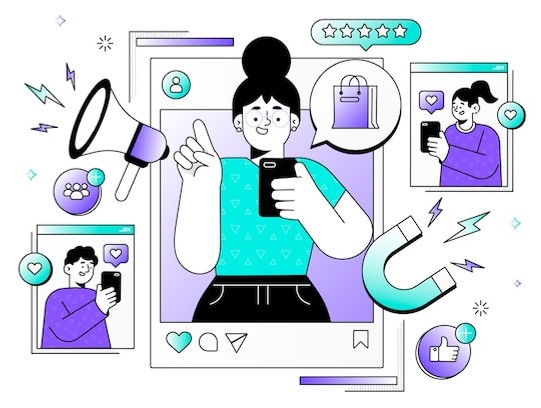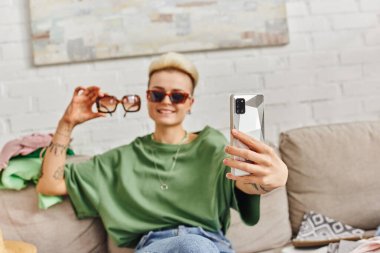The integration of artificial intelligence (AI) into various aspects of our lives is undeniable. Its impact has now reached the realm of social media influencers. Recent comments by Vijay Shekhar Sharma, founder and CEO of Paytm, shed light on the exponential growth of AI-generated influencers, outperforming their human counterparts. This phenomenon, however, has raised concerns among human influencers, and the clash between the virtual and the real is becoming more apparent.

Paytm’s AI-Driven Efficiency Measures and Job Impact
Vijay Shekhar Sharma’s acknowledgment of AI’s influence comes in the wake of Paytm’s strategic implementation of AI technology, leading to the layoff of over 1,000 employees. The company aims to enhance efficiency by automating tasks through AI, resulting in substantial cost savings. Despite the job impact, Sharma emphasizes the transformative power of AI in streamlining operations and creating a more efficient workforce.
Also Read: Google to Follow Paytm in Laying-off Workers Due to AI Automation
Virtual Influencers’ Infiltration into the $21 Billion Content Creator Economy
The emergence of AI-created “virtual influencers” is disrupting the traditional influencer market, with brands turning to hyper-realistic digital avatars for promotions. Aitana Lopez, a fictional AI-generated influencer, boasts a significant following and has attracted brands willing to pay up to $1,000 (Rs. 80,000) per post. The Clueless, a Barcelona-based agency, unintentionally created a digital influencer, challenging the existing market dynamics.

Virtual vs. Human Influencers – The Battle for Brand Attention
Luxury brands have engaged in high-profile partnerships with virtual influencers, showcasing the potential of AI in advertising. The cost-effectiveness and controlled nature of virtual influencers appeal to brands, driving awareness and recall. Human influencers, however, express concerns about the lack of disclosure regarding the AI origins of their digital counterparts. This urges transparency in this rapidly evolving landscape.
Also Read: Top 12 Jobs That AI Can’t Replace in 2024
Diversity and Controversy Surrounding Virtual Influencers
The rise of virtual influencers has not been without controversy. Questions about diversity, authenticity, and sexualization have been raised. Lil Miquela, a prominent virtual influencer, faces criticism for potential cultural appropriation. Meanwhile, The Clueless’s creations have been accused of being overly sexualized. The debate intensifies as virtual influencers challenge societal norms and reflect on the industry’s practices.
Our Say
The integration of AI-generated influencers into the social media landscape is a double-edged sword. While it offers innovative marketing opportunities for brands, concerns about transparency, diversity, and ethical considerations must be addressed. The clash between virtual and human influencers underscores the need for industry regulations to navigate the evolving dynamics of the digital realm. As technology continues to reshape the influencer landscape, finding a balance that benefits both creators and consumers becomes crucial for the sustainable growth of the industry.




